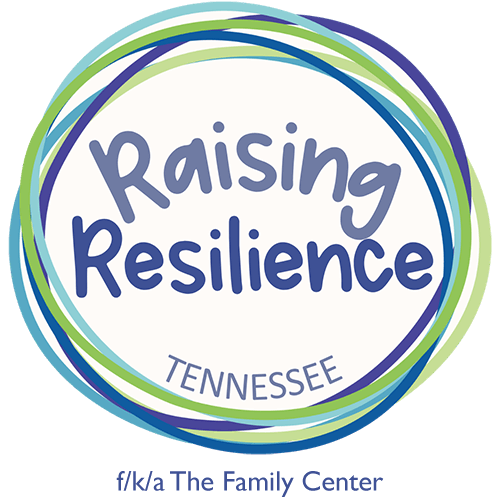Akin, at 4, was acting out at school. He lost his temper, hitting teachers and his peers. Each time, the school sent him home. His parents, Beth and Steve were frustrated and angry. Punishing Akin had no effect. Why was their otherwise sweet boy behaving this way? They couldn’t take any more time off work and were at their wits’ end. Thankfully, a teacher recommended The Family Center.
Beth and Steve didn’t know anything about children’s developmental stages, brain development, and resulting behaviors. They were parenting just how their parents had, and they turned out okay, right? Yet something wasn’t working in their family.
After a few sessions with TFC coaches, they realized both had experienced emotional neglect as children. Beth was shamed by her father when she expressed emotions, so she hid them. Steve’s parents both had jobs that required many hours away from home and, although they loved Steve and his siblings, they often put work and social activities ahead of their children – frequently expecting adult-like responses from their kids. Steve never developed a clear picture of what a parent/ child relationship looked like, while Beth continued to withhold her feelings.
“My favorite tool from our TFC class was Serve & Return,” says Beth. When a young child (or infant) babbles, gestures, or cries and an adult responds with eye contact, words, or hugs, neural connections are built and strengthened in that part of the child’s brain supporting communication and social skills development. A breakdown in serve and return interactions can cause children to feel insecure and frustrated. Stresses brought on by financial, marital, or health issues may result in parents’ unintentional neglect of positive responses.
Thanks to The Family Center, Beth and Steve learned how to reconnect with Akin, and they’re breaking cycles of emotional trauma in their young family. “We want our son to excel at school and in building friendships. Every parenting skill we learned is helping refocus how we respond. Rather than trying to change his behavior out of frustration, we try to recognize and understand his needs, responding in ways that show him he’s important to us – that he’s loved and safe.”



